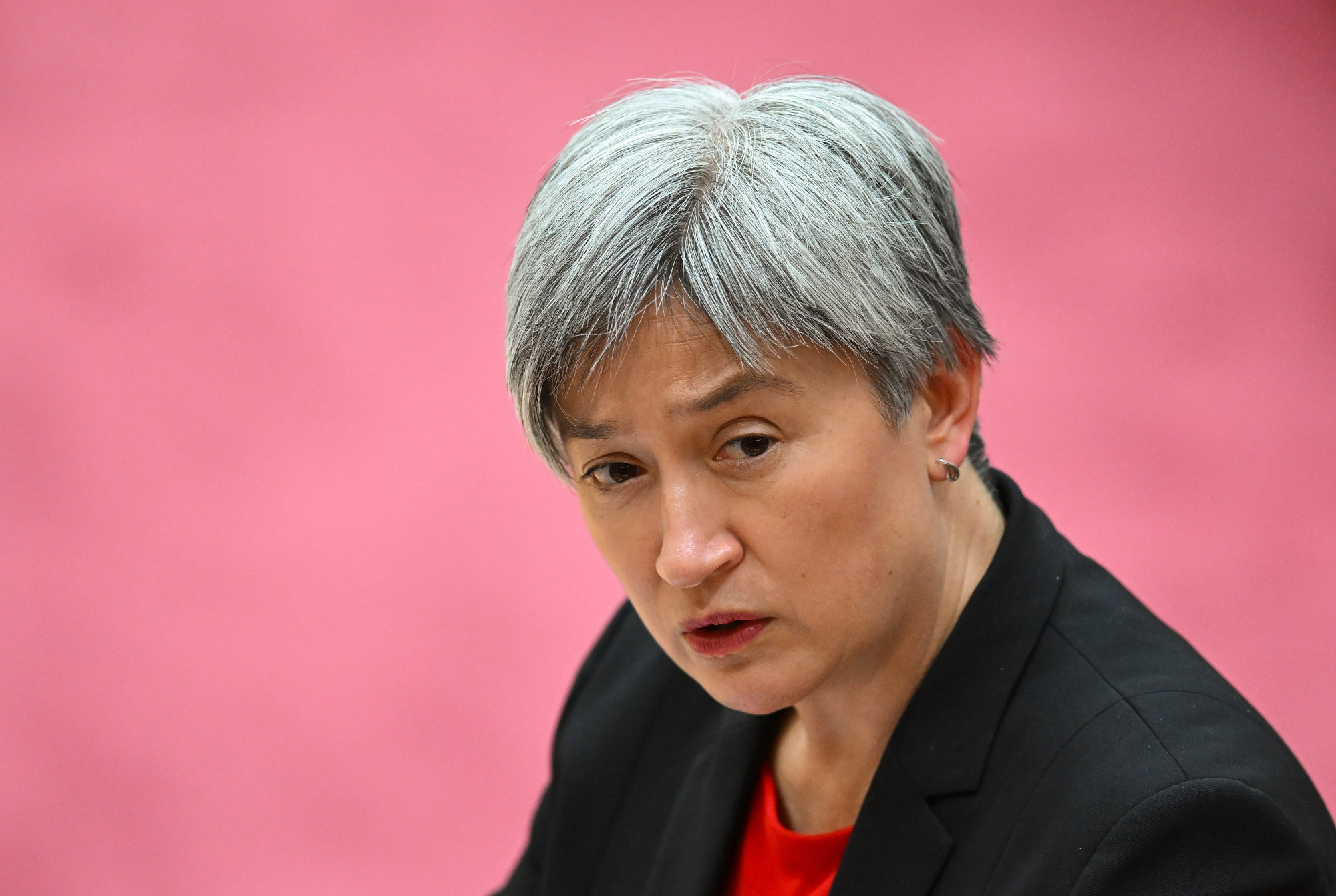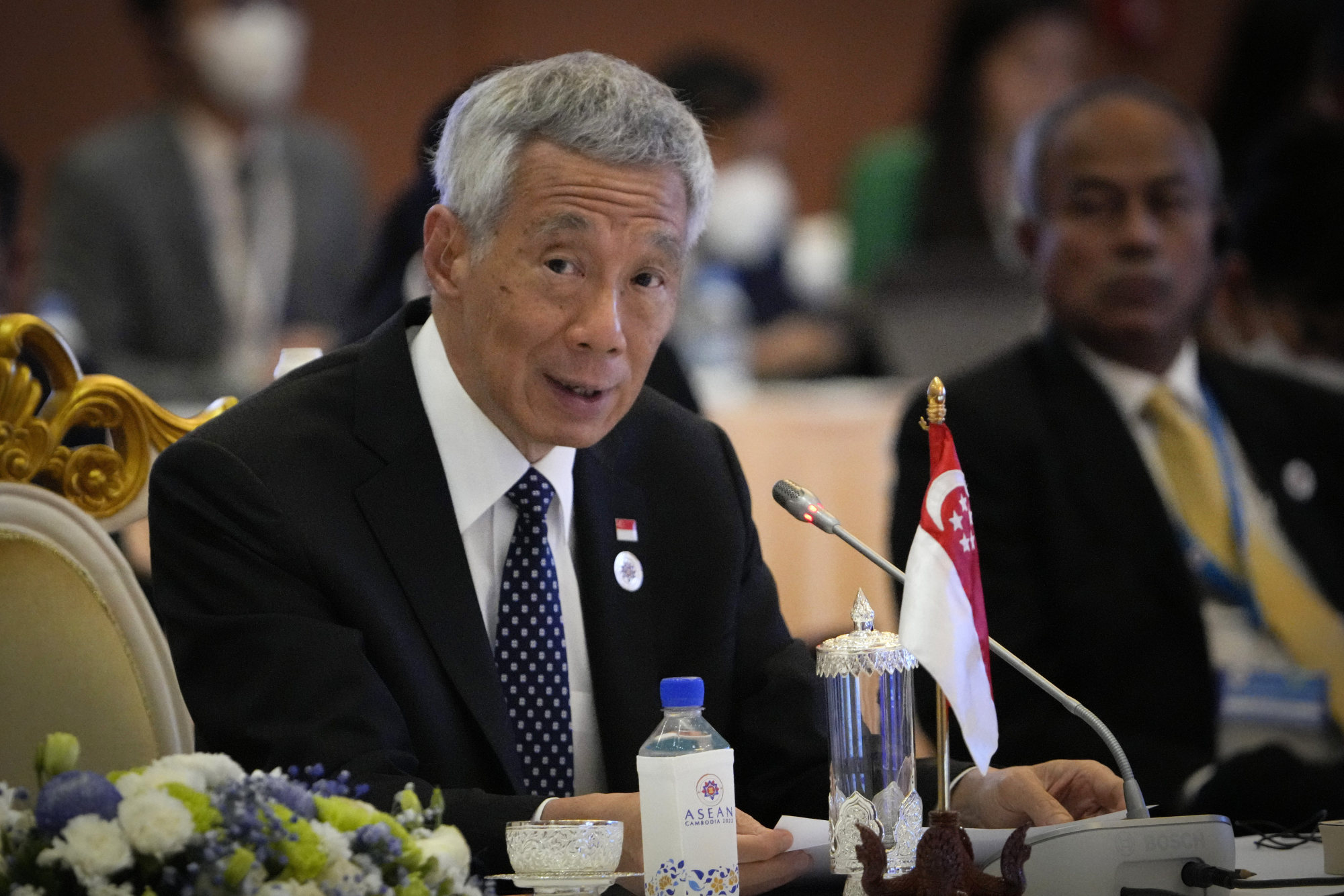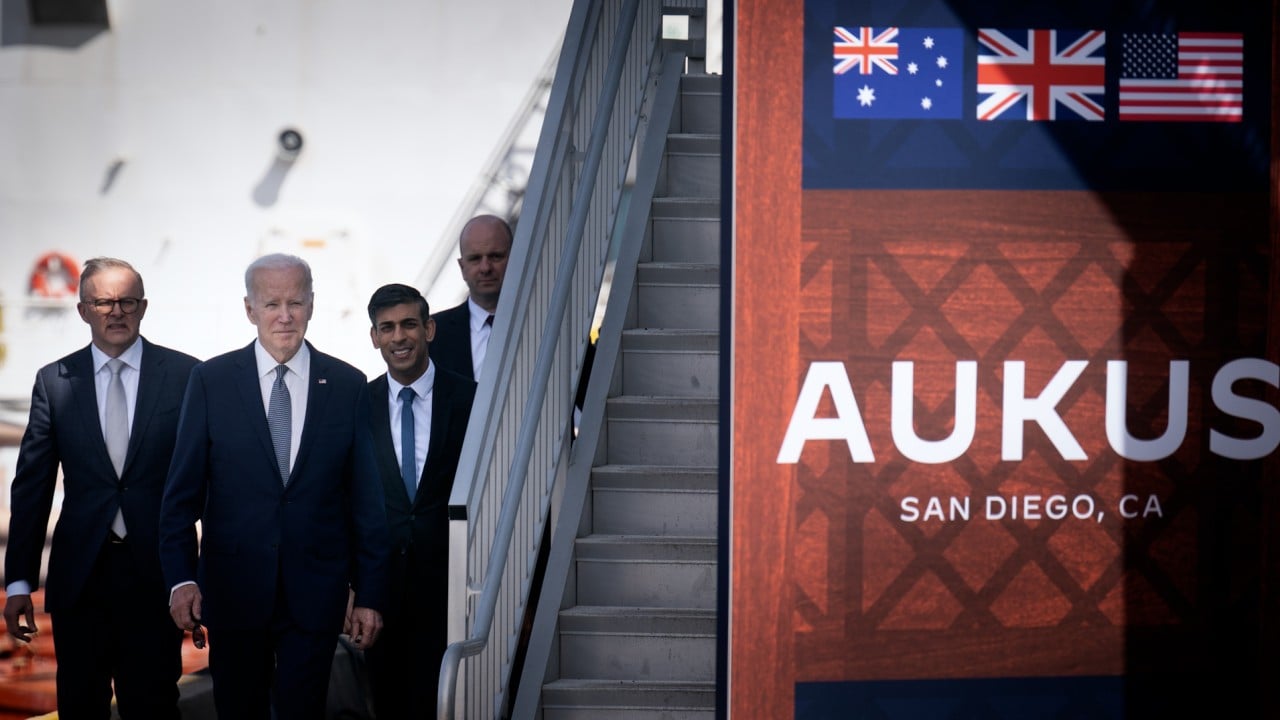Australia’s ongoing failure to engage sustainably with China, and Asia in general, stems from its historic inability to build genuine trust with its would-be Asian partners. At the root of this problem is a perceived lack of sincerity, compounded by some Australian decisions that have eroded trust, such as the Aukus pact. This is well understood by Australia’s Asian neighbours as being its track record.
Indeed, in releasing a report on Australian engagement with Southeast Asia recently, Australian Foreign Minister Penny Wong spoke in ominous tones of “great competition” in the region, where “complacency is not an option”. This is a continuation of the country’s pronounced strategic anxiety fuelled by populist politicking on the so-called China threat.

In his 1992 speech, “Australia and Asia – knowing who we are”, former Australian prime minister Paul Keating acknowledged Australia’s struggles to be trusted by its Asian counterparts, by saying: “I am pleased, though not surprised, by the positive reaction in Southeast Asia to the recent surge of independent and republican thinking in Australia.” He was pointing to the uncomfortable truth that the country’s strategic and cultural allegiances with the West have led to a trade-off in trust with its Asian neighbours.
Allegiances and interests have surely shifted since Keating delivered this speech over 30 years ago, but the salient point remains as true today as it was then. In Asia, Australia is not perceived to be an independent stand-alone nation that prioritises the stability, peace and prosperity for all the 4.3 billion people who inhabit the region.
The central question to all of this – Australia’s national identity and its place in Asia as a responsible independent Asia-Pacific partner nation – is just not something successive generations of Australian politicians in the post-Keating era see political value in tackling. Australia is just not willing to grapple with reshaping its geopolitical and cultural allegiances to be seen by its Asian partners as an independent nation they can trust.

In his October 5 speech, Singapore’s Lee articulated this challenge, stating that Southeast Asian countries have “long sought to build a dense web of cooperation, interdependence, and having overlapping circles of friends”.
Australia wants to court Southeast Asia, but its affections seem to be skin-deep
Australia wants to court Southeast Asia, but its affections seem to be skin-deep
Australia’s lack of an independent identity in Asia also means that, to its neighbours, it is not seen as a worthwhile geopolitical hedge in the context of US-China tensions. Rather than make the effort to deepen ties with Australia, which is essentially a proxy nation for Anglo-American interests, why not focus directly on the two major powers?
Historian Manning Clark once talked of modern Australians as having been freed from the “fate of being second-rate Europeans”. Clark’s hope is as wishful thinking today as it was then.
We Australians may not be second-rate Europeans any longer, but perhaps we are now proxy Americans. This is uncomfortable to hear but will certainly be the elephant in the room when Albanese visits Beijing this week.
Damien Green is a Hong Kong-based Australian-born financial services executive. He is a member of the board of directors of the Hong Kong Financial Services Development Council and the non-executive chair of Manulife Financial Asia Limited


